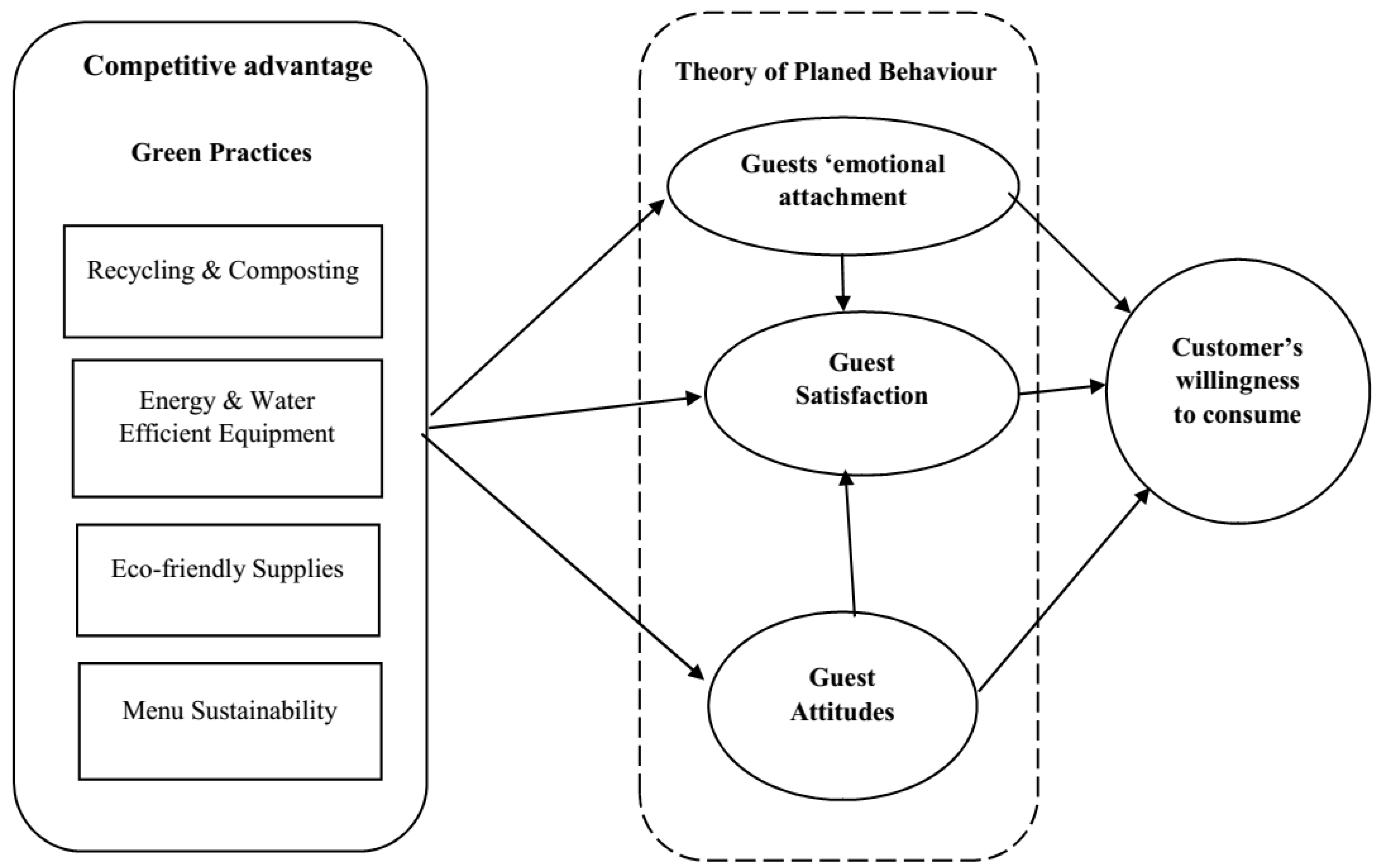
Biomass Energy Conversion: Sustainable Power Solutions
Biomass Energy Conversion is a key player in the pursuit of sustainable and renewable energy sources. This article delves into the process of converting biomass into energy, exploring its environmental benefits, technological advancements, and its role in shaping a greener energy landscape.
Understanding Biomass Energy Conversion
Biomass Energy Conversion involves the transformation of organic materials, such as wood, crop residues, and animal manure, into energy. This process harnesses the stored energy within these materials, releasing it in the form of heat, electricity, or biofuels. Biomass, being a renewable resource, provides an alternative to fossil fuels, contributing to the reduction of greenhouse gas emissions.
Technological Advancements in Conversion Processes
Technological innovations have significantly enhanced Biomass Energy Conversion processes. Advanced combustion techniques, gasification, and anaerobic digestion are some of the modern methods employed to extract energy from biomass. These technologies improve efficiency, reduce environmental impacts, and expand the range of biomass materials that can be effectively converted.
Environmental Benefits of Biomass Energy
One of the primary advantages of Biomass Energy Conversion is its positive environmental impact. Biomass is considered carbon-neutral, as the carbon dioxide released during combustion is offset by the carbon dioxide absorbed during the growth of the biomass feedstock. This closed carbon cycle contributes to mitigating climate change and reducing dependence on fossil fuels.
Contribution to Rural Development and Job Creation
Biomass energy production often involves the use of locally sourced feedstock, providing opportunities for rural development. Biomass facilities create jobs in cultivation, harvesting, and the operation of conversion plants. This decentralized approach to energy production contributes to the economic growth of rural communities.
Role in Energy Security
Biomass Energy Conversion plays a crucial role in enhancing energy security. Unlike finite fossil fuel resources, biomass is renewable and can be continually replenished. Diversifying the energy mix with biomass reduces reliance on imported fuels, contributing to a more secure and resilient energy supply.
Challenges and Solutions in Biomass Energy
While Biomass Energy Conversion offers numerous benefits, it also faces challenges. Efficient feedstock supply chain management, potential competition with food production, and addressing emissions from certain biomass types are among the challenges. Ongoing research and development aim to address these issues and optimize the sustainability of biomass energy.
Integration with Other Renewable Energy Sources
Biomass Energy Conversion can complement other renewable energy sources in a hybrid energy system. Integrating biomass with solar or wind power helps overcome the intermittent nature of these sources. This synergy creates a more reliable and consistent renewable energy supply, contributing to the stability of the overall energy grid.
Government Policies and Incentives
Government policies and incentives play a pivotal role in promoting Biomass Energy Conversion. Supportive regulations, subsidies, and incentives encourage investments in biomass projects. These policy measures aim to accelerate the transition to a low-carbon economy and foster the growth of the biomass energy sector.
Global Initiatives for Biomass Energy
Biomass Energy Conversion is not confined to a specific region; it is a global initiative. Countries worldwide are exploring the potential of biomass as a renewable energy source. Collaborative efforts and knowledge-sharing contribute to advancements in technology and best practices, ensuring the sustainable development of biomass energy on a global scale.
To learn more about Biomass Energy Conversion, visit dataharza.my.id. Exploring the dynamics of Biomass Energy Conversion reveals its significance in the quest for sustainable power solutions. From technological breakthroughs to environmental benefits and global collaboration, biomass energy is a key player in the transition to a greener and more sustainable energy future.



